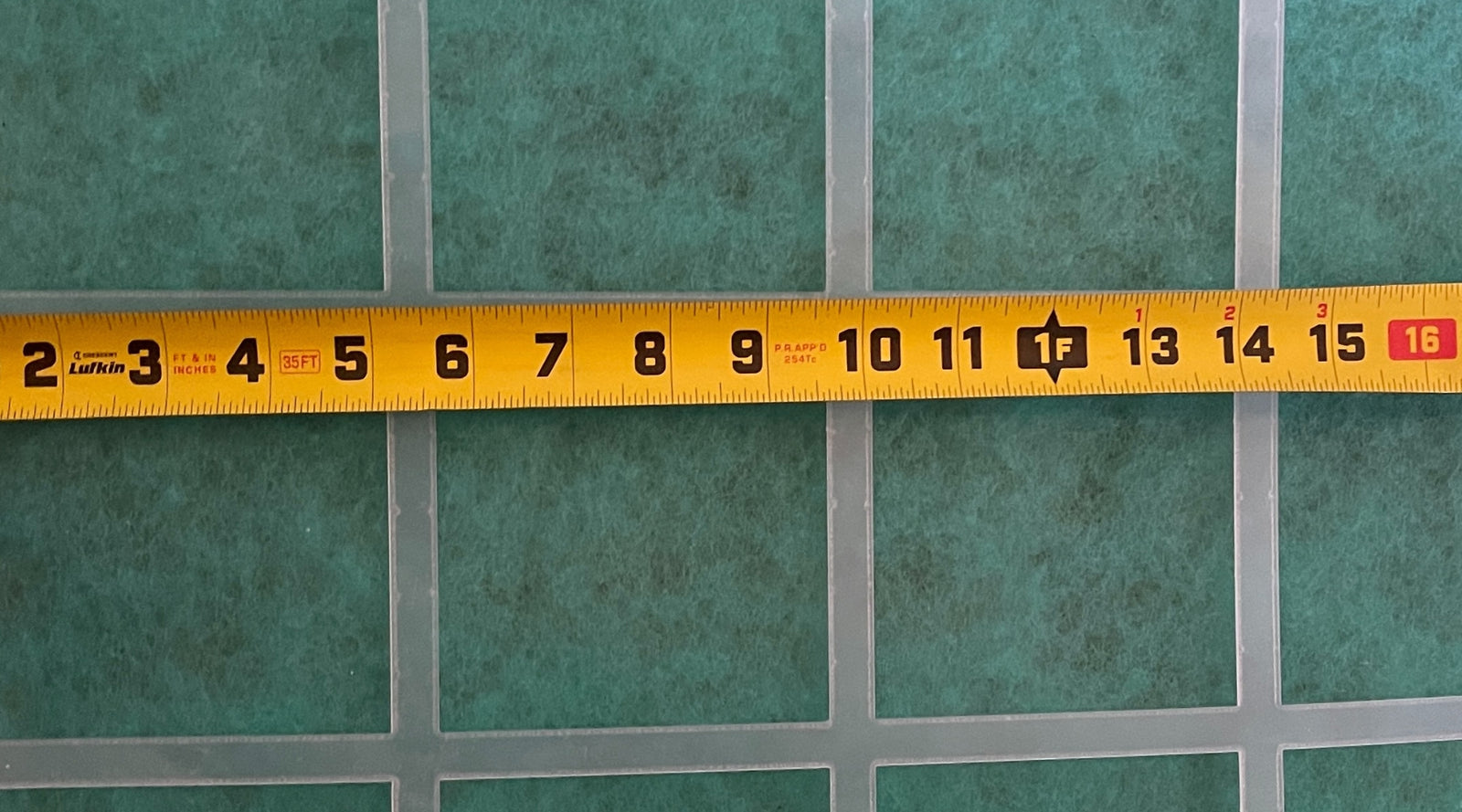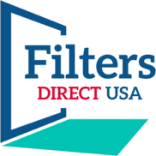
How can I tell what size air filter I need?
How can I tell what size air filter I need?
Your HVAC system is one of the biggest investments in your home. To protect that investment, you need to keep up with routine HVAC maintenance. Changing out the air filter plays a crucial role in the health and safety of your System.
We can assist with finding the correct HVAC filter size and type.
DOES HVAC FILTER SIZE MATTER?
Yes. Yes, it does matter. Buying the right size filter is key to the health of your HVAC system. At Filters Direct USA we custom cut every filter, so we will always have the size you need.
A small filter lets debris and particles enter your HVAC system and spread throughout the house. A fitler that is too large will not allow your filter grate to close.
HOW TO MEASURE FOR YOUR AIR FILTER
Use a tape measure to measure the length and width of your HVAC grate opening. Be sure to measure with the grate OPEN. If you leave the grate closed you will purchase a filter that is too big to fit into the space once you open the grate.

For example, this is measuring for your filter with the grate closed. This is incorrect. You will end up with an air filter that is too big. In these photos you can see that the grate is measuring to be 22 inches.
Here is the CORRECT WAY to measure for an air filter. Be sure to open the grate. Take the measurements from where the air filter will sit inside the opening. In the photo you can see that the measurement when the grate is open is 20 inches for the height and width. This is a 2" difference.
Here is an example:

If your HVAC system has an air filter, you can look for its size to ensure you can get the right replacement. Most filters have sizes listed on the side in print, including the length, width, and depth in inches. Usually, they’re listed in that order.

Not all air filters will have the size printed on the side. If your item doesn't have a size label, you can measure it yourself. Then, you can use some math to find out the length, width, and depth of the new one.
Enter the height and width of your air filters on Filters Direct USA's subscription page to complete the process. When you order air filters with a subscription, they will arrive to your home so you don't have to remember the sizes.

If your air filter is too small, dust, dander, and dust mites can bypass it and keep spreading in your home. Be sure to round up to the nearest inch to properly size your air filters.
WHAT IS A FILTER MERV RATING?
MERV means Minimum Efficiency Reporting Value. We wrote a blog about MERV ratings and why you shouldn't be tricked by new marketing strategies to get you to buy higher MERV ratings for more money.
MERV rates air filter effectiveness. It's a standard created by ASHRAE, the American Society of Heating, Refrigerating, and Air-Conditioning Engineers.
The MERV rating scale ranges from 1 to 20, with higher numbers indicating a tighter weave filter performance. BUT residential homes were never meant to have filters over the rating of 13. This will wear down you unit and cause it to work way too hard to pull air through the system.
The higher rating isn’t always the best choice. The higher MERV rating filter will capture more contaminants, but that comes at a cost to efficiency.
Thicker filters make your HVAC system work harder, increasing energy bills. At Filters Direct USA we use an antibacterial material to stop mold in its tracks. The MERV rating we use is 9 and this was decided after over 50 years in the HVAC business. MERV 9 offers enough filtration to capture mold, pollen, dust mites, dander, and other contaminants.
HOW OFTEN DO I NEED A REPLACEMENT AIR FILTER?
You will need to change your filters more regularly depending on the number of people in your home. Did you know that every day humans shed about 600,000 skin cells? That is about 1.5 pounds of skin cells per year. Dead skin cells make up between 69%-88% of dust in your home.
So yes, the more people you have living in your home, the more often you need to change your air filters. (Also change your sheets, after reading that little factoid). Read the full blog about how often you should change your air filters.
If you also have pets, cats, dogs, birds - you will also need to change your filters more frequently. Dander is the tiny skin cells that are constantly being shed by our pets.
If you are living in a condo or small home, with children and pets - we suggest you change your air filters every month.
If you suffer from allergies or asthma - we recommend using Filters Direct USA filters. Each filter has a tackifier coat to trap more dust, dirt, dander, dust mites, dust mite feces, and hair particles.
In the spring the pollen comes into the house on our clothes and on your pets. This decreases your indoor air quality. Changing filters monthly will help circulate clean air throughout your home.



